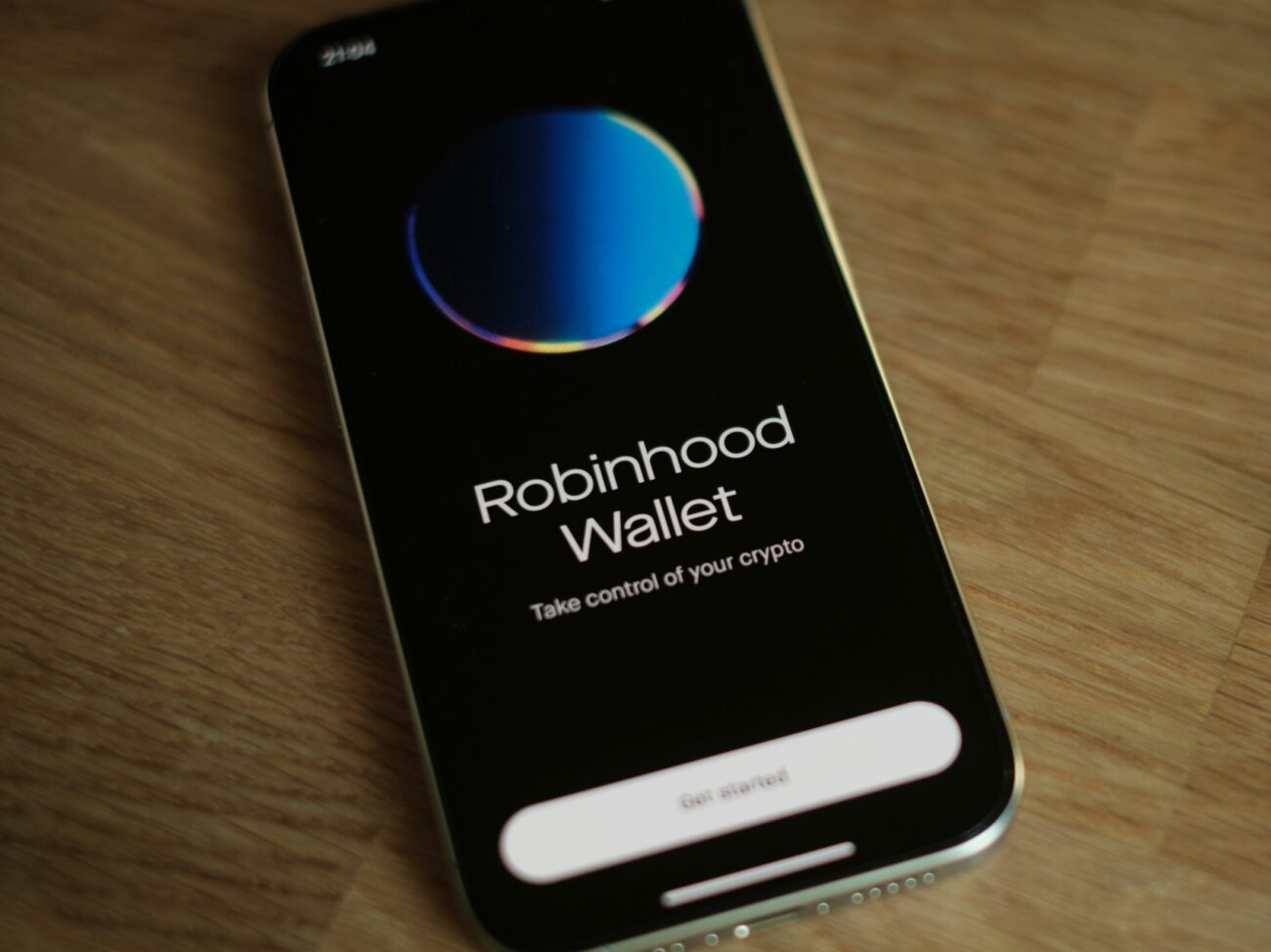Robinhood’s Tokenized Shares: An Ambitious Move That’s Stirring Controversy
Robinhood recently jumped into the spotlight by offering tokenized shares in private companies, including tech giants like OpenAI and SpaceX. On the surface, this seems like an innovative way to democratize investment opportunities. But it’s also sparked serious backlash, especially from OpenAI itself. So, what’s really going on here?
What Are Tokenized Shares Anyway?
Let’s break it down—tokenized shares are basically digital contracts that track the price of actual stocks, but you’re not getting the real deal. Instead, you’re gaining exposure to a company’s market performance. Think of it like being an enthusiastic spectator at a football game: you can cheer for your team and celebrate wins, but you don’t own a piece of the stadium.
During a recent event in Cannes, Robinhood co-founder Vlad Tenev displayed these “stock tokens” to attendees. Among them? OpenAI and Elon Musk’s SpaceX. It’s all part of Robinhood’s broader strategy to expand into Europe, allowing users to invest in over 200 tokenized shares. However, here’s the catch: token holders won’t get standard shareholder rights, like voting privileges.
The Backlash from OpenAI
Here’s where it gets interesting. OpenAI wasn’t just going to sit back quietly. The company emphatically denied any involvement with Robinhood’s tokenized shares, stating, “These ‘OpenAI tokens’ are not OpenAI equity.” Ouch. They went further to clarify that any transfer of OpenAI equity requires their approval, and they definitely didn’t approve this one.
This public rebuttal highlights a critical issue: when you’re dealing with private companies like OpenAI, you can’t just toss around their name without some serious implications. It’s a wake-up call for all those excited about access to private market investments.
Why Tokenized Shares Matter Now
Okay, so why should you care? Well, Robinhood’s initiative could open up investment avenues that were previously off-limits to most folks. Imagine being able to invest in cutting-edge tech companies like OpenAI—even if they’re not publicly traded. But tread carefully: the value and risks associated with tokenized shares differ vastly from traditional equity ownership. It sounds exciting, but it’s important to fully understand what you’re getting into.
Financial experts stress the importance of doing your homework before diving headfirst into these offerings. While they could democratize access to great companies, calling them “shares” could lead to misunderstandings down the line.
The Bigger Picture: Robinhood’s European Ambitions
Robinhood isn’t just focused on tokenized shares; it’s also making moves to expand its footprint in Europe. The platform aims to capitalize on the growing interest in U.S. stocks and crypto among European traders. But will the backlash from companies like OpenAI be a stumbling block? Only time will tell.
For Robinhood, this venture into the complex world of tokenized assets reflects a broader theme in financial markets. Companies are looking for ways to innovate while navigating regulatory landscapes. This isn’t just about Robinhood; it’s about the future of investment accessibility.
So what’s your take? Is this a game-changer, or just a legal loophole dressed as innovation?
For more insights into the evolving financial technology landscape, check out our article on the impact of blockchain on investment. Want to keep up with the latest in AI and finance? Stay tuned!
